10, January 2018
Ambazonia: Banks, travel agencies and shops are closed in Bamenda 0
Cameroon’s English-speaking regions are observing a three-day “dead city” protest against the arrest of a number of separatist leaders in Nigeria last week, local media reported.
At least 10 Cameroonian separatists, among them leader Julius Tabe, were arrested in the Nigerian capital, Abuja, the activists said in a statement on Sunday.
In protest of the move, the English-speaking separatists urged the population to stay at home from Monday through Wednesday.
“For fear of reprisals, we remained at home. Everything is calm on the streets … Banks, travel agencies and shops are closed. Only security forces are patrolling the streets,” Musa Abu, a Bamenda resident told Anadolu Agency late Monday.
The strike also affected the reopening of schools that had been scheduled for Monday, Jan. 8.
“The school was opened early in the morning, but the students did not come. We were forced to close it, otherwise the building would have been burned by activists,” Tatou Godlove, the principal of the Bafut High School in the Northwest Region said.
Ayaba Acho, the so-called defense minister of the self-proclaimed Republic of Ambazonia, said Nigeria should not extradite “our leaders” to Cameroon, because they “are not” Cameroonians.
“They are Ambazonians,” he said referring to the Northwest and Southwest Regions. “We are in the process of increasing contacts with the Federal Government of Nigeria for their release”.
The government has also shut down the Internet in the two English-speaking regions in the Central African state.
Protests have been going on for more than a year in Cameroon’s Anglophone regions. The Anglophone minority say they are being marginalized by the Francophone majority.
The protesters are calling for a return to federalism or the independence of the English-speaking Cameroon, which the demonstrators refer to as the “Republic of Ambazonia”.
French Cameroon gained its independence From France in 1960. In 1961, a federal state was set up when British Cameroon gained its independence from Great Britain and joined French Cameroon.
The federal state was later dissolved in favor of a unitary state in 1972.
Since then, English-speakers say they are being marginalized, forced to use French in public institutions and schools, and also use the French-Cameroon legal system in courts.
www.aa.com.tr

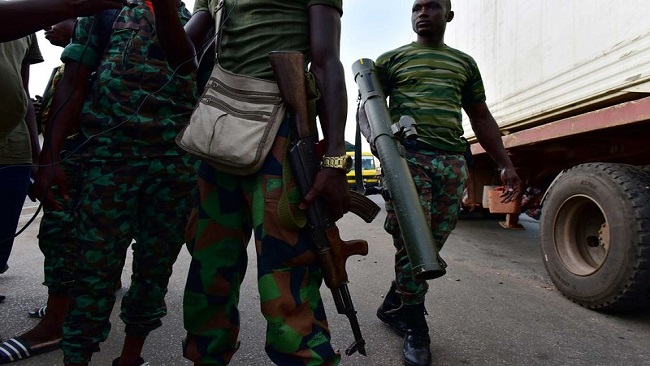
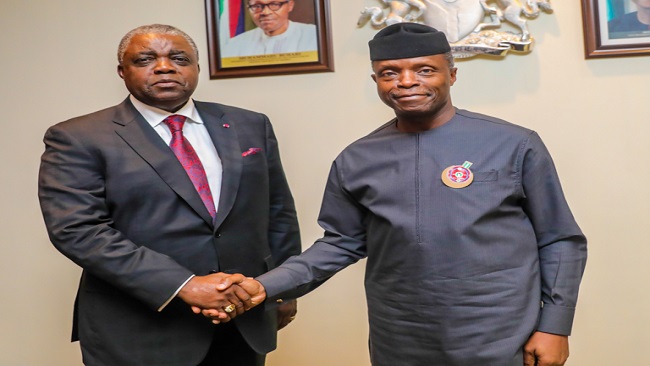
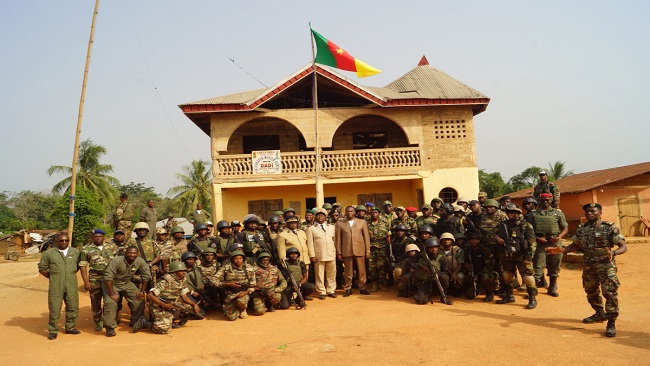

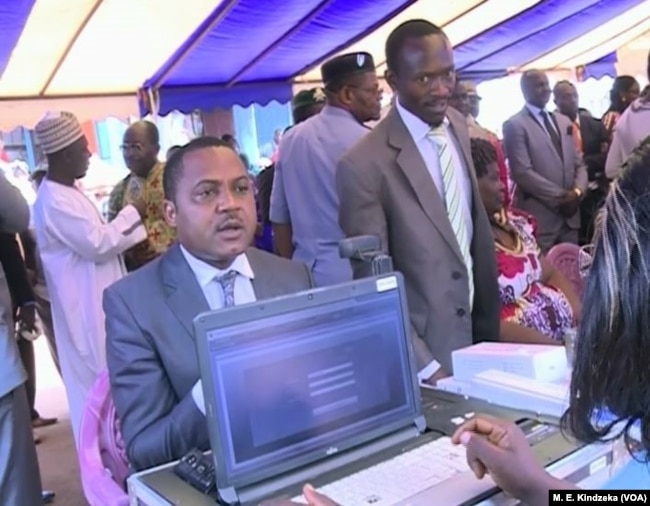
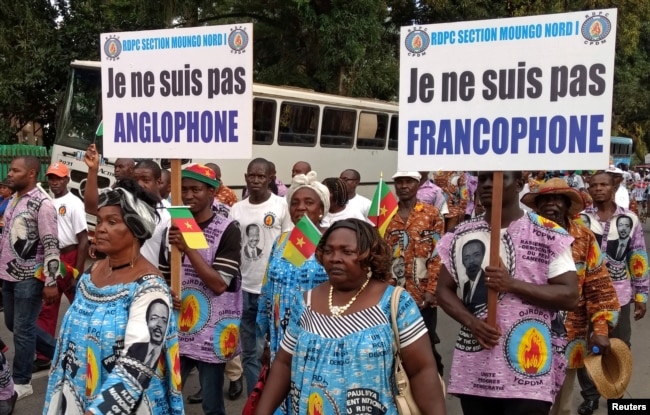

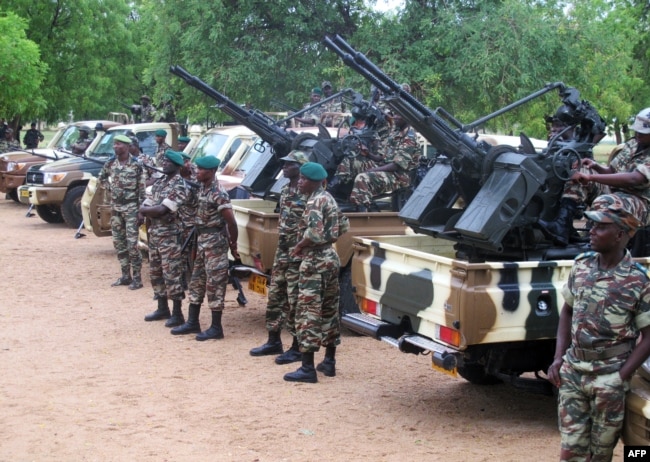
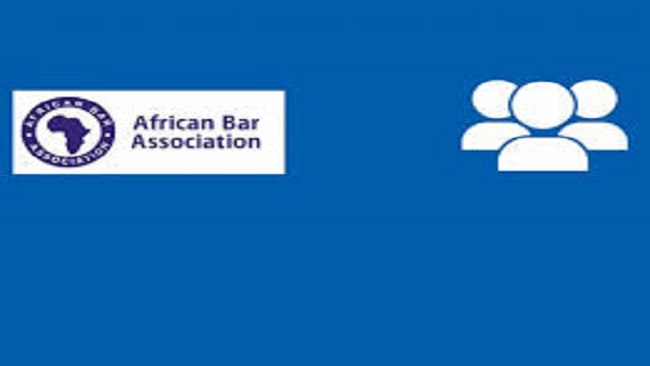
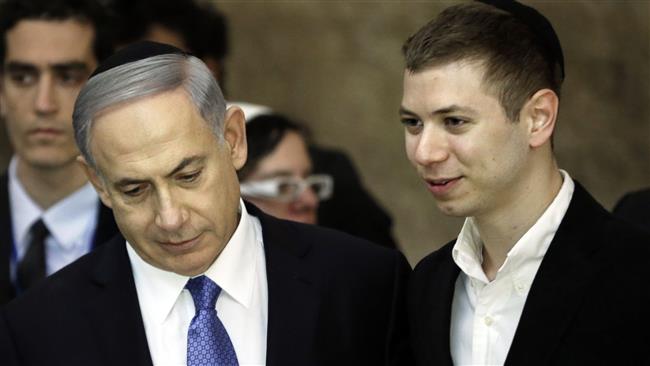



















11, January 2018
Armed robbers steal millions from Ritz Paris hotel 0
Axe-wielding robbers stole jewelry on Wednesday possibly worth more than $5 million from a store in the famed Ritz Paris hotel, police said.
Five thieves carried out the heist at the luxury hotel in late afternoon. Three were arrested while two others got away. There were no injuries.
“The loss is very high and remains to be assessed,” one police source said. Another put the figure at 4.5 million euros ($5.38 million), but said that a bag had been recovered possibly containing some of the loot.
The hotel first opened in 1898 and was the first Paris hotel to boast electricity on all floors and bathrooms that were inside rooms.
Armed heists targeting jewelry stores are not uncommon in the ultra-chic avenues near Place Vendome in central Paris where the Ritz is located.
Place Vendome, with its opulent window displays of jewelers and high-end watchmakers, has been the scene of several audacious daytime raids.
Security had been boosted in the area, which also houses France’s Justice Ministry, in 2014 after several daring armed raids on Place Vendome in which jewels worth between 420,000 and two million euros were seized.
The landmark Paris Ritz hotel re-opened its palatial doors to guests in 2016 after nearly four years of renovations and a major fire.
The hotel founded by Swiss entrepreneur Cesar Ritz in 1898 is storied as the lodging of choice of Marcel Proust, Charlie Chaplin, Coco Chanel and Ernest Hemingway, who has a small bar named after him.
In more recent history however, the Ritz has become known as the place where Britain’s Princess Diana spent her last hours before a car accident in a tunnel in the French capital while being pursued by paparazzi.
(Source: Agencies)